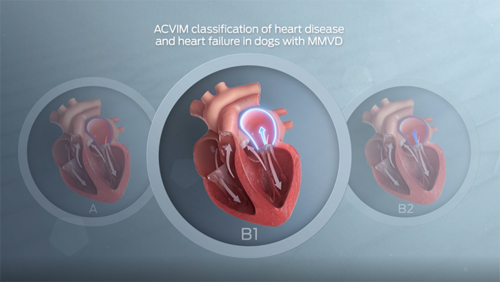

Filter
Results
-

Nutrition Conversation Tips
How to Make a Dietary Recommendation
Identifying the four key components of an effective dietary recommendation.
1 min to 5 min
-

Nutrition Conversation Tips
How Should Veterinary Teams Evaluate Nutrition Information?
Separating the science from the "sell" when evaluating nutrition information.
1 min to 5 min
-
Fast Fact
What is ash and why is it found in pet food?
Click To RevealFast Fact
BackAsh (also referred to as "crude ash," "inorganic matter" or "incinerated residue") is a regulatory or technical term that represents the mineral content of a food. Ash is what remains of a pet food after a sample is incinerated as part of a laboratory analysis.
The organic content (i.e., carbohydrate, fiber, fat and protein) will be totally combusted and only the minerals will remain (e.g., calcium, phosphorus, magnesium, etc.). The mineral content in pet food comes from ingredients and supplements added to the formula. Some regulatory agencies require pet food companies to declare ash content on the pet food label.
-

Nutrition Conversation Tips
When to Start Having Nutrition Conversations
Every client visit is an opportunity to discuss the importance of good pet nutrition.
1 min to 5 min
-

Nutrition Conversation Tips
Milestones That Should Spark a Nutrition Conversation
Throughout a pet’s life, there are multiple events that should trigger a nutrition conversation.
1 min to 5 min
-

Nutrition Conversation Tips
Why the Veterinary Team Is the Best Source for Nutrition Information
Encouraging clients to turn to the veterinary team for their pet’s specific nutrition needs.
1 min to 5 min
-

Nutrition Conversation Tips
Using Open-Ended Questions to Elicit Accurate Nutrition Information
Getting accurate information is the first step toward creating a solid nutrition plan.
1 min to 5 min
-

Cardiovascular Disorders
ACVIM Classification of Heart Disease and Heart Failure in Dogs with MMVD
View a short video about the ACVIM classification of heart disease.
1 min to 5 min
-

Gastrointestinal Disorders
Diagnostic Considerations for Dogs With Chronic Diarrhea: Why Diet Makes a Difference
Frédéric Gaschen, Dr.med.vet., Dr.habil., with Louisiana State University's School of Veterinary Medicine, explains when to suspect a dog's diet as a potential cause of chronic diarrhea and what to consider when choosing an elimination diet.
1 min to 5 min
